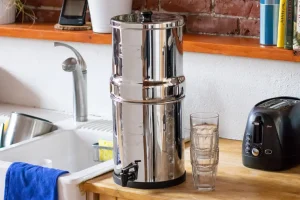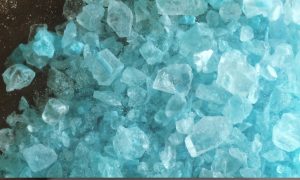Sea moss, also known as Irish moss, is a type of red algae that grows along the rocky shores of the Atlantic Ocean. This superfood has gained popularity in recent years due to its numerous health benefits, including its high mineral content. However, while sea moss is indeed a nutrient-dense food, it is not a complete source of all essential minerals. In this article, we will explore what are the 10 minerals missing from sea moss and why they are important for overall health.
Background
It is known for its thick, gelatinous texture and mild, slightly salty flavor. In traditional medicine, sea moss has been used to treat a variety of ailments, including respiratory issues, digestive problems, and skin conditions.
The popularity of sea moss has surged in recent years, thanks in part to its promotion by celebrities and health influencers. Many people consume sea moss as a supplement, either in powder or gel form, believing that it can provide a wide range of health benefits.
Nutritional Composition
Sea moss is indeed a nutrient-dense food, containing a variety of vitamins and minerals. According to a study published in the Journal of Food Science and Technology, sea moss contains significant amounts of:
- Calcium
- Magnesium
- Iron
- Iodine
- Sulfur
- Phosphorus
- Copper
- Selenium
In addition to these minerals, sea moss is also a good source of fiber, protein, and antioxidants. However, while sea moss is certainly a healthy food, it is not a complete source of all essential nutrients.
Minerals Missing from Sea Moss
Despite its impressive nutrient profile, there are several essential minerals that are either lacking or completely absent in sea moss. These minerals play crucial roles in various bodily functions, and it is important to obtain them from other dietary sources or supplements. Here are the 10 minerals missing from sea moss:
1. Zinc
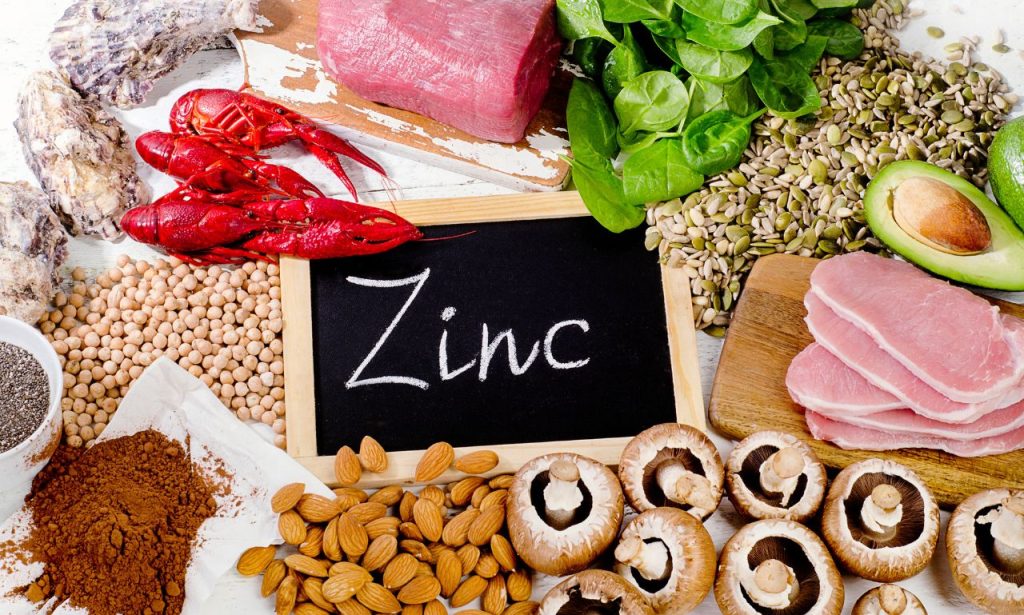
Zinc is an essential mineral that plays a vital role in immune function, wound healing, and DNA synthesis. It is also necessary for proper growth and development in children. While sea moss does contain trace amounts of zinc, it is not a significant source of this mineral. Good dietary sources of zinc include:
- Oysters
- Red meat
- Poultry
- Beans
- Nuts
- Whole grains
2. Manganese
Manganese is a trace mineral that is involved in bone formation, blood sugar regulation, and metabolism. It also acts as an antioxidant, helping to protect cells from damage caused by free radicals. Sea moss contains very little manganese, so it is important to obtain this mineral from other sources, such as:
- Nuts
- Legumes
- Whole grains
- Leafy green vegetables
- Tea
3. Potassium
Potassium is an electrolyte that plays a crucial role in heart function, muscle contraction, and nerve signaling. It also helps to regulate blood pressure and fluid balance in the body. While sea moss does contain some potassium, it is not a significant source of this mineral. Good dietary sources of potassium include:
- Bananas
- Potatoes
- Leafy green vegetables
- Yogurt
- Fish
4. Sodium
Sodium is another electrolyte that is essential for proper nerve and muscle function, as well as maintaining fluid balance in the body. However, consuming too much sodium can lead to high blood pressure and other health problems. Sea moss is naturally low in sodium, which can be beneficial for people who need to watch their salt intake. However, it is still important to obtain some sodium from other sources, such as:
- Table salt
- Processed foods
- Canned soups and vegetables
- Cheese
- Olives
5. Chloride
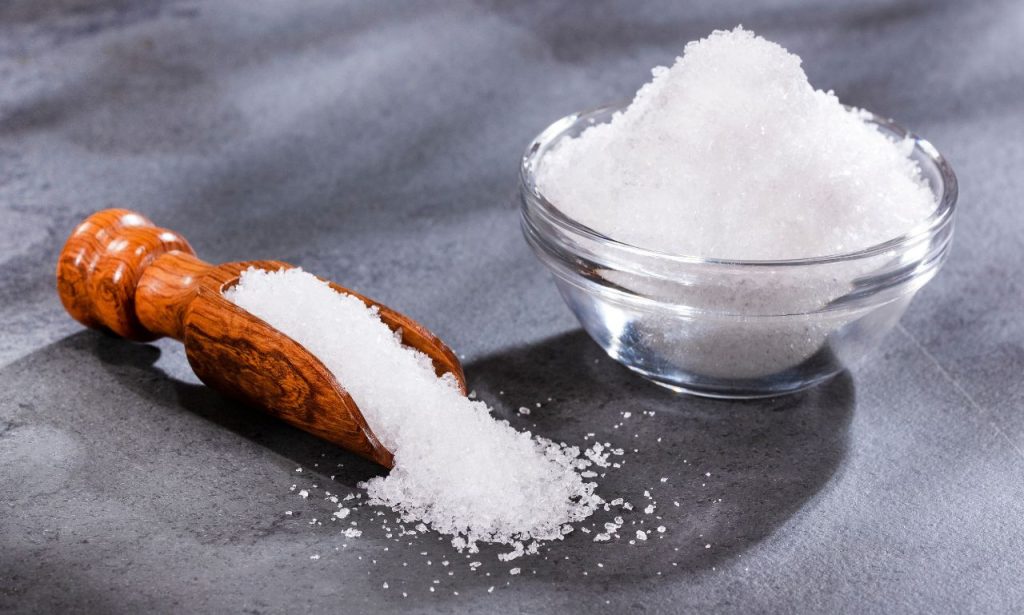
Chloride is an electrolyte that works together with sodium to maintain fluid balance and proper nerve and muscle function. It is also involved in the production of stomach acid, which is necessary for digestion. Sea moss does not contain significant amounts of chloride, so it is important to obtain this mineral from other sources, such as:
- Table salt
- Processed foods
- Canned soups and vegetables
- Seaweed
- Celery
6. Fluorine
Fluorine is a trace mineral that is essential for strong bones and teeth. It helps to prevent tooth decay by strengthening tooth enamel and making it more resistant to acid attacks from bacteria. While some types of seaweed, such as kombu, contain high levels of fluorine, sea moss does not. Good dietary sources of fluorine include:
- Fluoridated water
- Tea
- Fish
- Grapes
- Raisins
7. Silicon
Silicon is a trace mineral that is involved in the formation of collagen, a protein that is essential for healthy skin, hair, and nails. It also plays a role in bone mineralization and may help to prevent osteoporosis. Sea moss contains very little silicon, so it is important to obtain this mineral from other sources, such as:
- Whole grains
- Leafy green vegetables
- Beets
- Bell peppers
- Soybeans
8. Vanadium
Vanadium is a trace mineral that may play a role in blood sugar regulation and bone health. Some studies suggest that vanadium supplements may help to improve insulin sensitivity and reduce blood sugar levels in people with diabetes. However, more research is needed to confirm these effects. Sea moss does not contain significant amounts of vanadium, so it is important to obtain this mineral from other sources, such as:
- Mushrooms
- Shellfish
- Black pepper
- Parsley
- Dill
9. Molybdenum
Molybdenum is a trace mineral that is involved in several important enzymatic reactions in the body, including the metabolism of certain amino acids and the detoxification of harmful substances. It may also play a role in reducing the risk of certain types of cancer. Sea moss contains very little molybdenum, so it is important to obtain this mineral from other sources, such as:
- Legumes
- Whole grains
- Nuts
- Leafy green vegetables
- Organ meats
10. Chromium
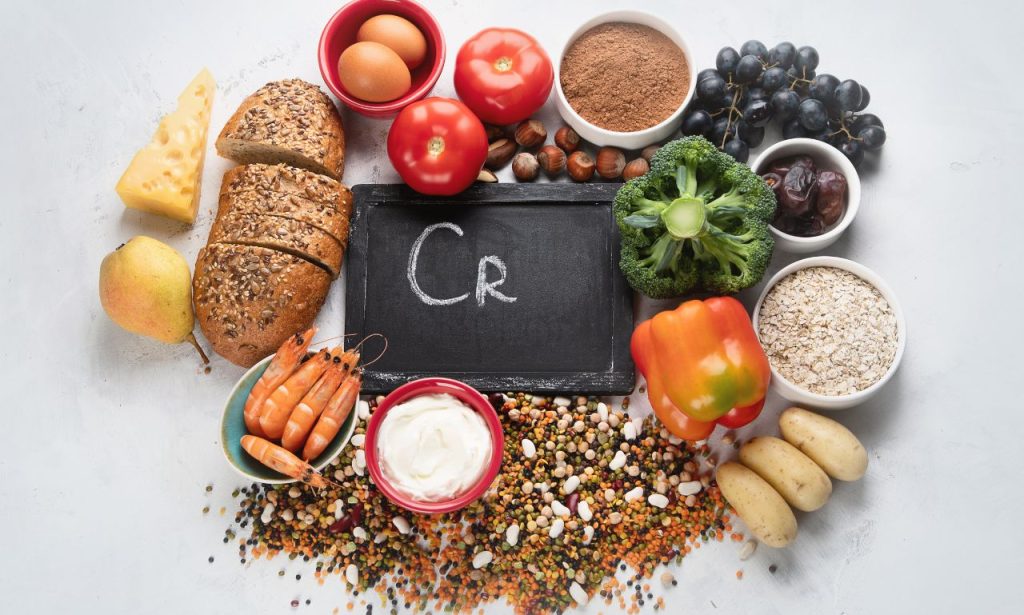
Chromium is a trace mineral that plays a role in blood sugar regulation and metabolism. It works together with insulin to help transport glucose from the bloodstream into the cells, where it can be used for energy. Some studies suggest that chromium supplements may help to improve blood sugar control in people with diabetes, but more research is needed to confirm these effects. Sea moss does not contain significant amounts of chromium, so it is important to obtain this mineral from other sources, such as:
- Broccoli
- Beef
- Liver
- Eggs
- Brewers’ yeast
Conclusion
In conclusion, while sea moss is certainly a nutrient-dense food with many potential health benefits, it is not a complete source of all essential minerals. There are 10 minerals missing from sea moss that are important for overall health and well-being: zinc, manganese, potassium, sodium, chloride, fluorine, silicon, vanadium, molybdenum, and chromium. To ensure that you are getting all of the nutrients your body needs, it is important to consume a varied and balanced diet that includes a wide range of foods from all food groups. If you are considering taking sea moss supplements, it is always a good idea to speak with a healthcare professional first to determine if they are right for you and to ensure that you are taking them in a safe and effective manner.
ALSO READ: 9 Best Places To Go On Vacation With A 1 Year Old
FAQs
No, sea moss should not be used as a substitute for other essential minerals. While it does contain some important nutrients, it is not a complete source of all the minerals your body needs. It is important to consume a varied and balanced diet that includes a wide range of foods from all food groups to ensure that you are getting all of the nutrients your body needs.
Sea moss is generally considered safe when consumed in moderation as part of a balanced diet. However, it is important to note that sea moss can absorb heavy metals and other contaminants from the water in which it grows. Therefore, it is important to choose high-quality, organic sea moss from a reputable source to minimize the risk of exposure to harmful substances.
There is no scientific evidence to suggest that sea moss can directly promote weight loss. However, sea moss is low in calories and high in fiber, which can help to promote feelings of fullness and reduce overall calorie intake. Additionally, the nutrients in sea moss, such as iodine and magnesium, may help to support healthy thyroid function and metabolism, which can indirectly support weight loss efforts. However, it is important to remember that weight loss is ultimately achieved through a combination of a balanced diet and regular physical activity.
Sea moss is a rich source of iodine, which is essential for healthy thyroid function. However, consuming excessive amounts of iodine can actually be harmful to the thyroid gland, especially in people with pre-existing thyroid disorders. If you have a thyroid condition, it is important to speak with your healthcare provider before adding sea moss or any other iodine-rich foods to your diet.
There is no official recommended daily intake for sea moss, as it is considered a food rather than a supplement. However, most experts recommend consuming no more than 1-2 tablespoons of sea moss per day, either in gel or powder form. It is important to start with a small amount and gradually increase your intake to assess your tolerance and avoid any potential digestive discomfort.



